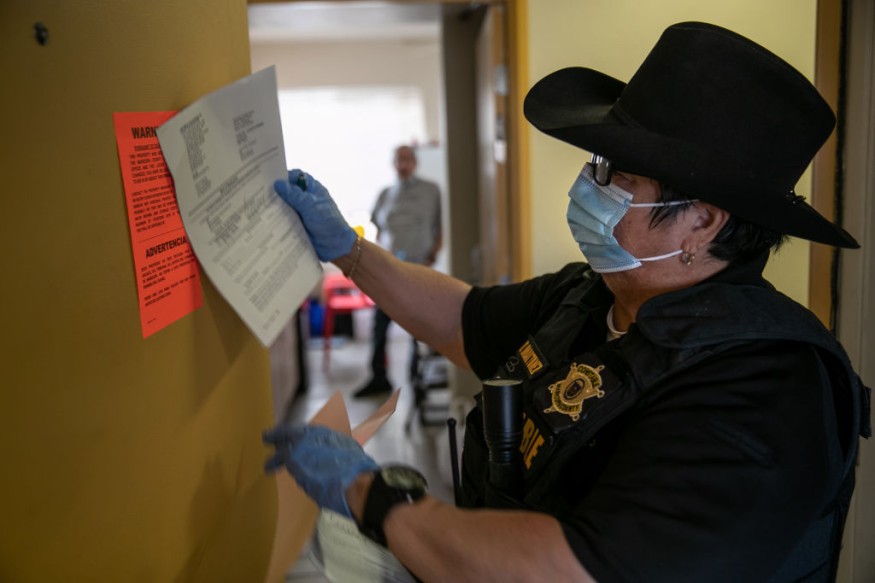Federal Eviction Moratorium Extended Until June, CDC Says

Aiming to help Americans who are behind on their rent during the pandemic, the Centers for Disease Control and Prevention (CDC) announced Monday the extension of its eviction moratorium until June 30.
In her statement, CDC director Rochelle Walensky said the coronavirus pandemic had presented a "historic threat" to the United States' public health.
Walensky emphasized that keeping individuals in their homes and out of crowded areas or places, like homeless shelters, will also be preventing another wave of infections.
Housing advocates have urged the Biden administration to extend the eviction moratorium, which was initially set to expire on Mar. 31, sending a warning that millions of Americans who are still struggling financially due to the pandemic could be evicted.
The U.S. unemployment rate is currently at 6.2 percent, and there are an estimated 9.5 million lesser jobs compared to a year ago when lockdowns and restrictions were not yet established.
COVID-19 Eviction Defense Project
According to Fox News, the COVID-19 Eviction Defense Project conducted an analysis and found out that around 110 million Americans live in rental households. It also showed that close to 23 million renters, or 20 percent of the total number, were at risk of eviction if the moratorium will not be extended.
Also, the Census Bureau published this month that 20 percent of renters stated that they were not able to pay their rent in February.
READ NEXT : Biden Seeks Volunteers to Help Curb Migrant Crisis, Post-Pandemic Passports Also Being Developed
The CDC has prohibited the alarming evictions in September while still under the administration of former President Donald Trump.
Covered under the latest extension of the eviction moratorium were individuals earning less than $99,000 in 2020 and joint-filing couples who earned less than $198,000, Sun-Sentinel reported.
To avail of the said protection, individuals also need to prove that they could not afford to pay their rent because of a job loss due to the pandemic or even income reduction as a qualification. Also, they need to affirm that they are likely to become homeless if evicted.
However, housing advocates are still concerned for renters despite the ongoing extensions as the order does not cancel or erase the rent, which means that it will be eventually due. Advocates are currently pushing for rent relief to fully support the considered preventive measure.
The Department of Housing and Urban Development (HUD) also extended a moratorium on evictions in federally assisted housing until June 30. HUD Secretary for Housing and Urban Development Marcia Fudge discussed the move in a White House press briefing last week.
Fudge noted that many individuals living in federally-assisted housing have risk factors that make them specifically vulnerable to coronavirus, ABC News reported.
Fudge noted that there are many factors for the extension, including disability, race, and low-income. The secretary also shared that the federal state is doing its best to keep the people away from areas with higher COVID-19 risk. She added that the American Rescue Plan is critical for the success of these efforts.
WATCH: Biden Administration Extends Federal Eviction Moratorium Through End of June - From ABC Action News
Subscribe to Latin Post!
Sign up for our free newsletter for the Latest coverage!

















